Thanatology Introduction (Part 1)
About this Mod:
In this introductory session on Thanatology, Guest CXpert Katlyn Green shares foundational concepts surrounding the study of death and dying. Drawing from her extensive background in thanatology, gerontology, hospice, and death care, Katlyn explores the multifaceted dimensions of death, including cultural, historical, psychological, and spiritual perspectives. She emphasizes the dynamic nature of death education and encourages professionals to reflect on their own experiences and societal norms related to death and grief.
Key Takeaways:
The Other Side of the Deathbed: Many funeral professionals have limited exposure to end-of-life experiences outside of their professional roles, which can contribute to death anxiety. Understanding these experiences broadens their perspective on grief and loss.
Cultural and Historical Perspectives: The session highlights how funeral rites, rituals, and attire vary across cultures and time periods, prompting reflection on why current practices exist and how they might evolve.
Interdisciplinary Nature of Thanatology: Death can be studied through various lenses—psychology, sociology, biology, and anthropology—each offering unique insights into human behavior and belief systems related to mortality.
Emotional Rugs: Kaitlyn introduces the concept of "emotional rugs" (regret, unfinished business, guilt, and shame) that people carry with them before and after death. Recognizing these emotions is crucial for professionals supporting grieving families.
Death Anxiety and Belief Systems: The fear of death often ties to personal belief systems, particularly regarding concepts of the afterlife. Understanding this can aid in providing empathetic support to those facing end-of-life fears.
Changing Causes and Contexts of Death: Advances in medicine, technology, and societal changes have shifted how and why people die. The digital age has also transformed grief expression through online memorials and digital legacies.
Terminology Matters: The language used when discussing death (e.g., thanatology, grief, mourning, bereavement) shapes understanding and perceptions. Professionals can use precise terminology to educate and support others more effectively.
Family Dynamics and Death Care: Awareness of family relationships and dynamics, as reflected in legal documents and memorial practices, is vital for providing compassionate, personalized care.
Reflection and Growth: Kaitlyn encourages ongoing reflection on personal beliefs about death and continuous learning to enhance professional practice and personal growth in death education.
More Modules by Katlyn:
About the CXpert
Katlyn Green
Katlyn Green is a Gerontologist in greater Nashville, Tennesse and an instructor with Pierce Mortuary Colleges. Her specialty of human development begins at age 64 with initial Medicare and spans each milestone into mortuary care and grief. Katlyn holds a Bachelor of Science degree in Psychology (BS) from Freed-Hardeman University, a Master of Education in Clinical Mental Health Counseling (MA) from Western Kentucky University, a Master of Business Administration (MBA) from Trevecca Nazarene University and is currently a Doctoral Candidate for her PhD in Gerontology with an emphasis of mortuary service. Her leadership experience encompasses eldercare, case management, and consulting in the arenas of Independent Living with Services, Assisted Living, Skilled Care Services, Palliative/Hospice Care and Funeral Services. Certified as a Certified Senior Advisor (CSA)®, a Certified Senior Occupancy Specialist (COS), and a Certified End-of-Life Doula (EOLD), Katlyn maintains that life and death don't cross in an intersection at the end of life. Rather, they run parallel through the lifespan, and she counts it a blessing to both understand dynamics and serve families on each side of the death bed.


